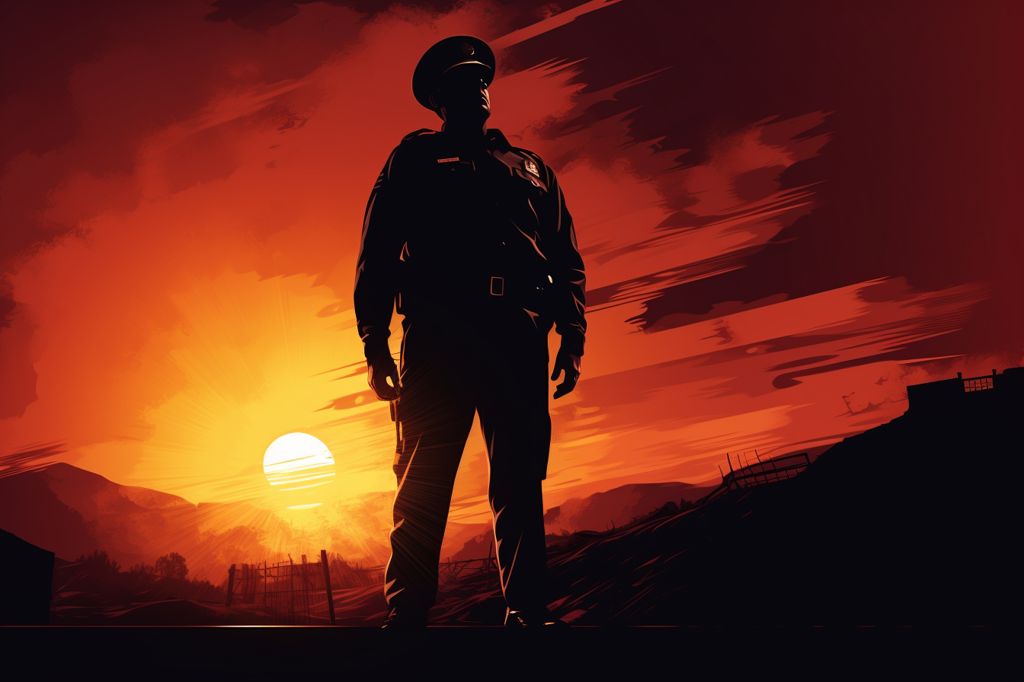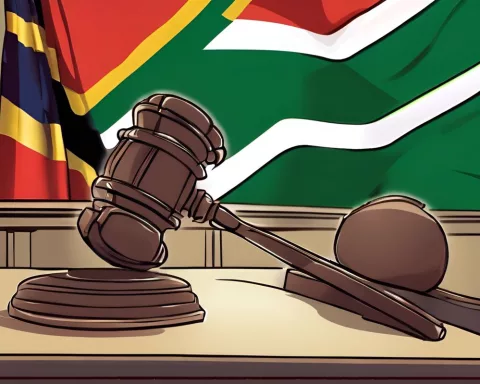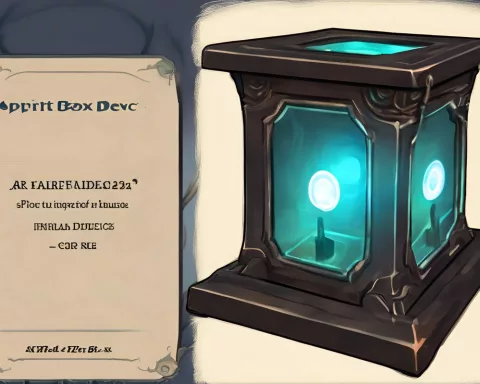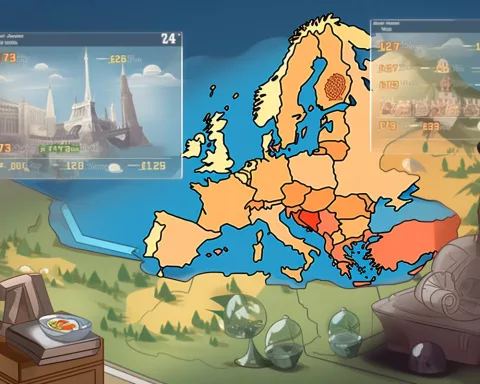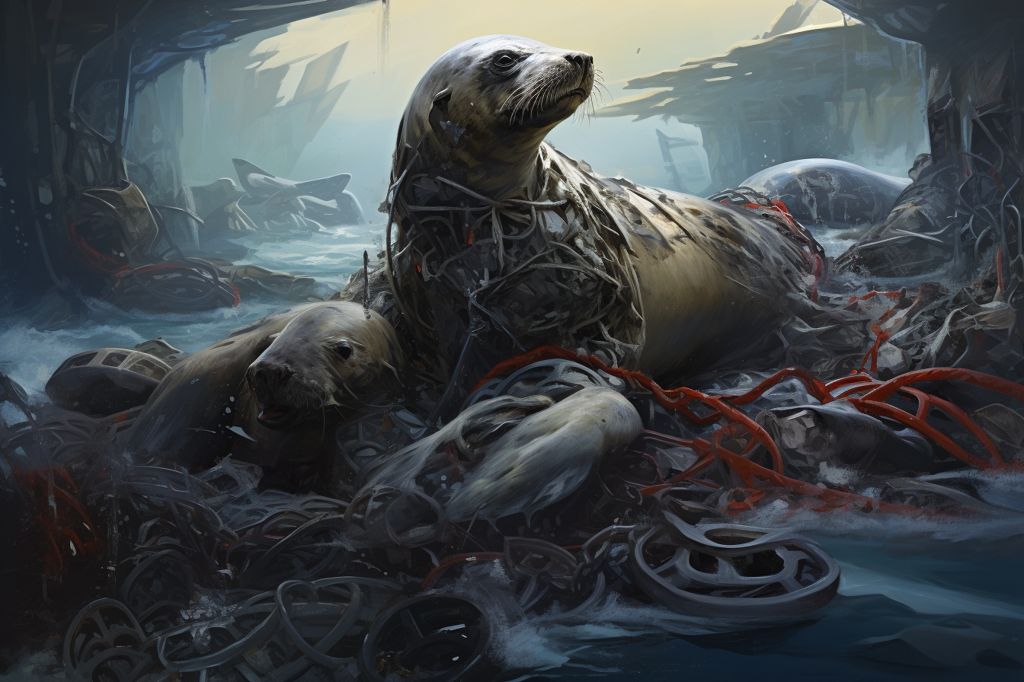The Alarming Surge in Police Killings
The South African Policing Union (Sapu) has expressed its serious concerns about the escalating rate of police killings in the country. This comes after three law enforcement officers were brutally murdered in KwaZulu-Natal, Gauteng, and Mpumalanga on the same day. As a result, Sapu referred to 15 September as a “dark day” for policing. In a statement, the union emphasized that the problem appears to be growing worse due to the increasing number of incidents involving the deaths of police officers.
Merely two days following this “dark day,” a 37-year-old off-duty police sergeant was tragically killed while visiting a friend in Khayelitsha, a township near Cape Town. This event contributes to the shocking statistics shared by Police Minister Bheki Cele for the previous quarter. From 1 April to 30 June, 31 police officers lost their lives across South Africa, underlining the gravity of the issue.
In response to the quarterly crime statistics and the recent tragic incidents, Sapu’s national spokesperson, Lesiba Thobakgale, conveyed the union’s mounting concern about the country’s situation. He mentioned that it appears criminals have launched a targeted attack on the police force, with the problem continuing to worsen. Thobakgale stressed that even one police officer’s death is too many, and without a lasting solution to this crisis, the numbers will keep growing unchecked.
Sapu’s Proposed Solutions and Public Involvement
Police officers, who are commonly seen as the pillars of society, warrant protection as they not only serve the community but also have families who rely on them. Sapu envisions a future where the number of police killings declines to zero. To accomplish this, the union urged the South African government and the South African Police Service (SAPS) earlier this year to classify the killing of police officers as treason. Sapu thinks that labeling police murders as crimes against the state may help mitigate this horrifying trend.
The recent string of police killings has only solidified Sapu’s determination in advocating for this change. Thobakgale reasserted the organization’s dedication to pushing for the redefinition of police killings as treason. He clarified that the state has an obligation to protect police officers who serve its interests, and this declaration would underscore the seriousness of these offenses.
Additionally, Sapu has appealed to the members of society, who are also dealing with high crime rates, to participate in their campaign, “Protect the Protectors.” This initiative aims to gather public support in demanding enhanced security for law enforcement officers. By cultivating a sense of unity between the public and the police, Sapu aspires to establish a safer environment for all involved parties.
In summary, the rising frequency of police killings in South Africa is an urgent issue that requires prompt attention and action. As the protectors of society, law enforcement officers deserve protection and support from both the government and the public. Sapu’s call for the redefinition of police killings as treason and its “Protect the Protectors” campaign attempt to address this growing crisis. It remains uncertain how the South African government and society will react to these calls for change and unity in the face of this alarming situation.

